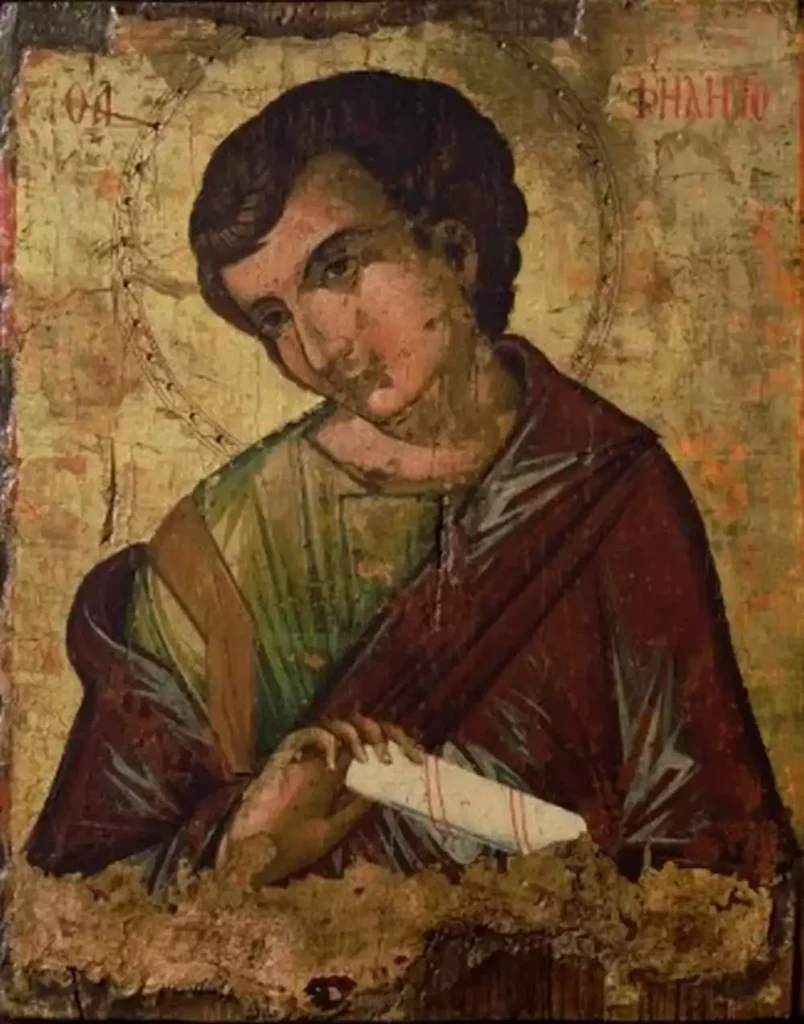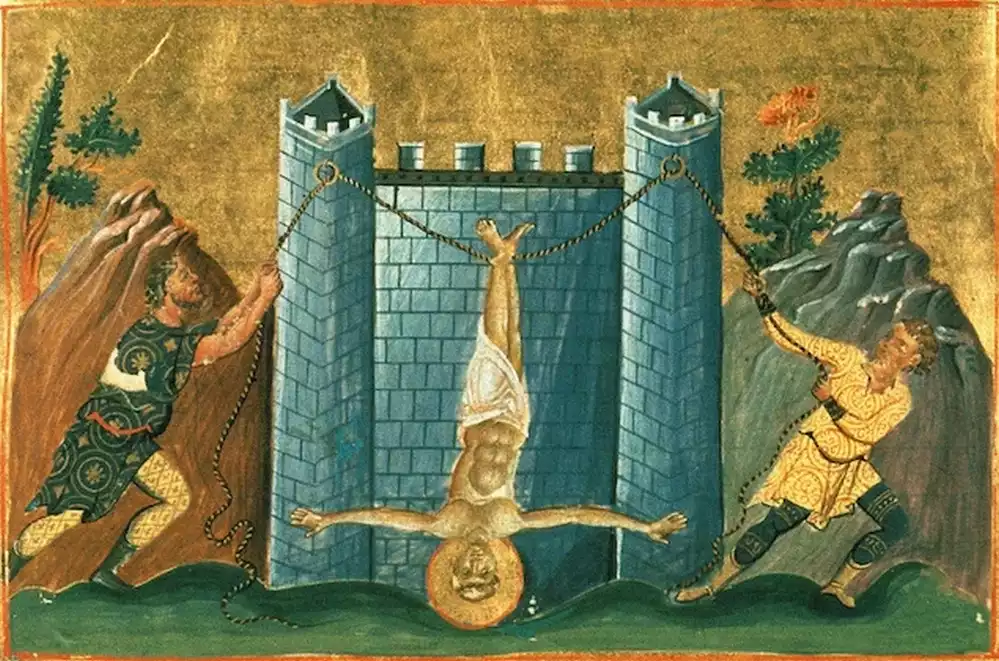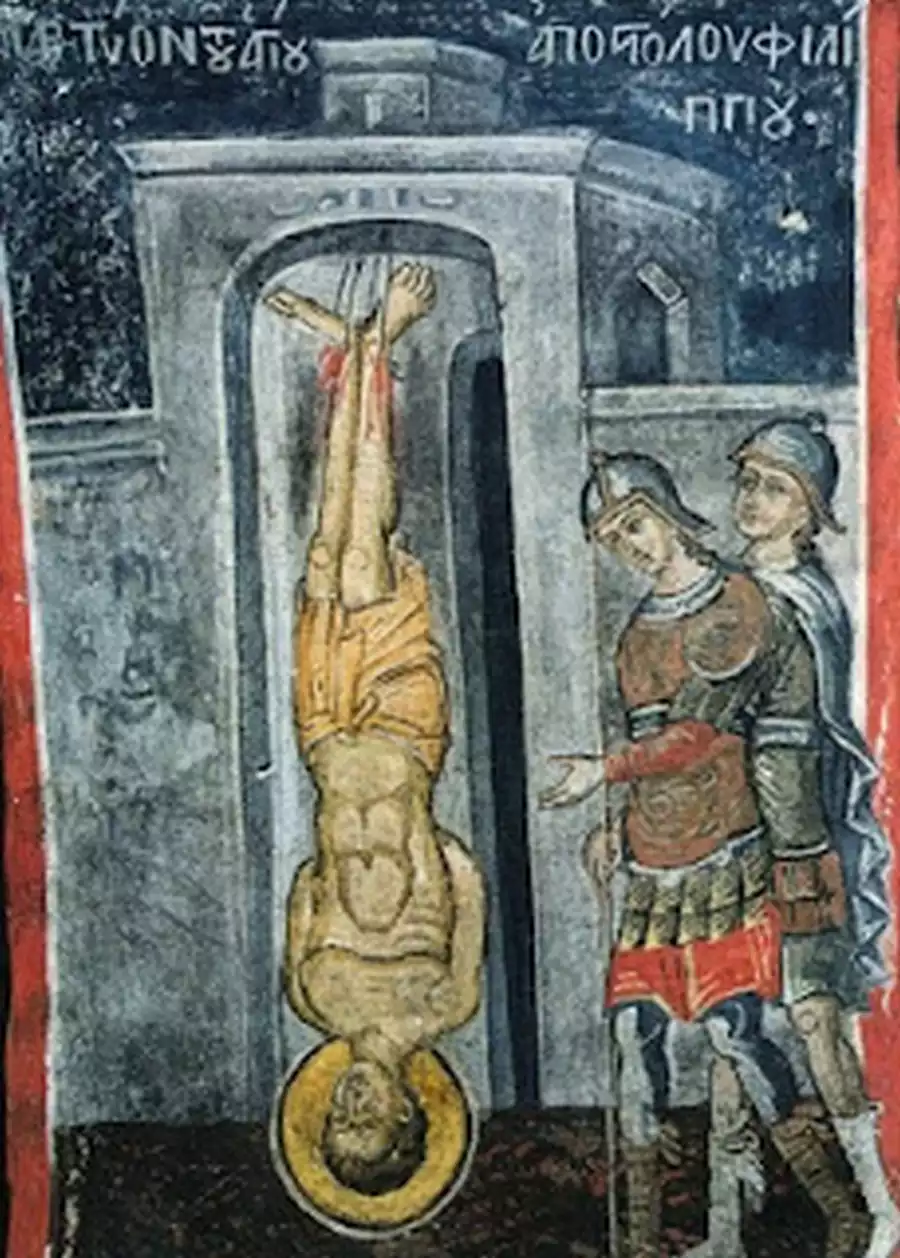
Saint Philip, one of the Twelve Apostles of Jesus Christ, remains a significant figure in Christian history. Born in Bethsaida, the city of Andrew and Peter, Philip’s life and ministry have been an enduring subject of religious study and devotion. Though the exact dates of his birth and death are not definitively known, his contributions from the time of his calling by Jesus to his eventual martyrdom are chronicled in various biblical and historical texts.
Early Life and Call to Apostleship
Saint Philip’s journey as a disciple began in the bustling town of Bethsaida. Known for its fishing industry, Bethsaida was also a melting pot of cultural and religious ideas, which likely influenced Philip’s early life. His initial encounter with Jesus, as described in the Gospel of John, showcases a pivotal moment in his spiritual journey. Jesus’ simple invitation, “Follow me,” marked the beginning of Philip’s transformation from an ordinary citizen of Bethsaida to a dedicated Apostle of Christ.
This transformation was not just personal but also communal. Philip quickly became instrumental in introducing others to Jesus, including Nathanael, also known as Bartholomew. His role as a connector between people and Christ highlights his deep understanding of the Messiah’s mission. Furthermore, Philip’s Greek name suggests he might have had a Hellenistic background, potentially aiding in his interactions with the diverse populations he encountered during his apostolic journeys.

Role in Early Christian Ministry
As an Apostle, Philip’s contributions to the early Christian ministry were multifaceted. The Gospels, particularly the Gospel of John, depict him as a figure of inquiry and practical concern. For instance, during the miracle of the feeding of the five thousand, it was Philip whom Jesus questioned about where to buy bread, demonstrating Philip’s involvement in the logistical aspects of Jesus’ ministry.
Moreover, Philip’s presence in pivotal events, such as the Last Supper, underlines his integral role among the Apostles. His query to Jesus at the supper, asking Him to show the Father, led to one of Christ’s most profound teachings about His unity with God the Father. This incident reflects Philip’s deep desire for understanding, a trait that resonated with the early Christians and helped in spreading Jesus’ teachings.
Philip’s impact extended beyond mere witness to active participation in the spread of the Gospel. After Jesus’ ascension, he played a vital role in the early Church’s expansion. The Acts of the Apostles narrates Philip’s evangelical missions, notably his encounter with the Ethiopian eunuch. This interaction not only signifies the expansion of the Christian message beyond Jewish communities but also highlights Philip’s ability to interpret Scripture and guide others towards faith.
In summary, Saint Philip’s life journey, from a resident of Bethsaida to a devoted Apostle, illustrates his significant contributions to the early Christian Church. His role in key biblical events and his evangelical missions mark him as a crucial figure in the spread of Christianity. His quest for understanding and commitment to Christ’s teachings continue to inspire Christian devotion and scholarship.

Martyrdom and Legacy of Saint Philip
Saint Philip’s final years are shrouded in the mystery of early Christian tradition. Sources vary in their accounts of his martyrdom, but it is widely believed that he met a martyr’s death, possibly in Hierapolis. His commitment to spreading the Gospel, even in the face of persecution, solidifies his legacy as a steadfast apostle. The tales of his miracles and conversions, particularly in regions hostile to the Christian message, exemplify his unwavering faith and courage. Philip’s martyrdom, commemorated by the Christian church, remains a testament to his dedication to his divine mission.
Theological Significance
Philip’s interactions and inquiries, as recorded in the Gospels, contribute significantly to Christian theological understanding. His questions to Jesus often led to profound revelations about Christ’s nature and mission. Philip’s theological curiosity and genuine quest for understanding aid believers in grappling with complex doctrinal questions. His life, as a reflection of both human inquiry and divine wisdom, continues to inspire theological discussions and spiritual growth within the Christian community.
Saint Philip the Apostle, through his journey from Bethsaida to his martyrdom, played a pivotal role in the foundational years of Christianity. His legacy, marked by inquiry, evangelism, and martyrdom, continues to influence Christian thought and practice. His life exemplifies a deep commitment to Christ and provides enduring lessons in faith and discipleship.
Feast Day: November 14
References
- Eusebius of Caesarea. “Ecclesiastical History.” Translated by Kirsopp Lake. Harvard University Press, 1926.
- Fredriksen, Paula. From Jesus to Christ.” Yale University Press, 2000.
- OverviewBible. “Philip the Apostle.” Accessed December 30, 2023.
- Precious Seed. “Christ and the Apostle Philip.” Accessed December 30, 2023.
- Study.com. “Philip the Apostle: Biography, Facts, Death.” Accessed December 30, 2023.
- Tatum, W. Barnes. “John: The Gospel of Belief.” Oxford University Press, 1999.
